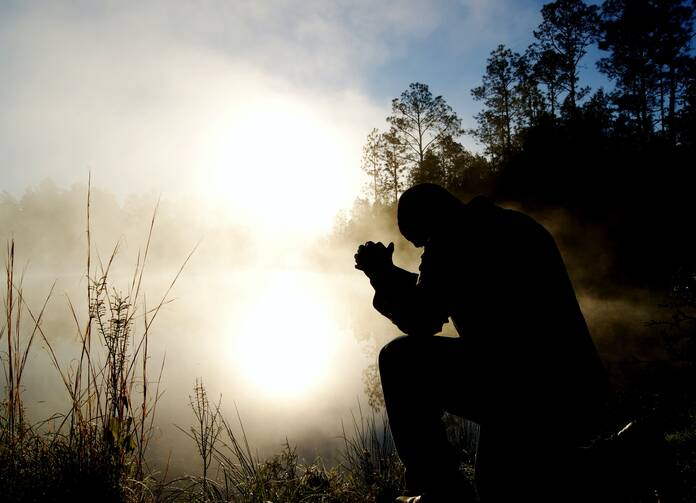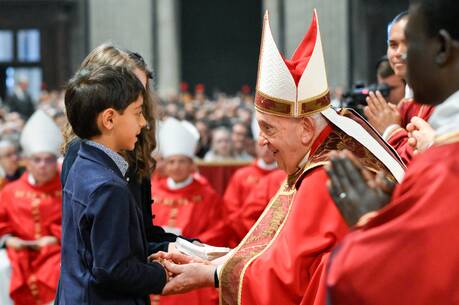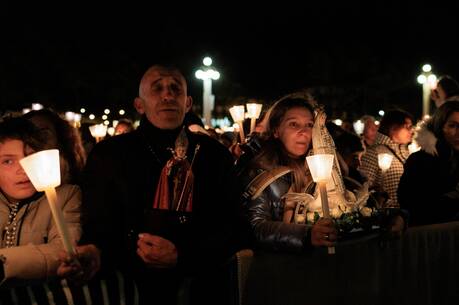A Reflection for Wednesday of the Second Week in Ordinary Time
Find today’s readings here.
Looking around at them with anger
and grieved at their hardness of heart,
Jesus said to the man, “Stretch out your hand.” (Mk 3:5)
I often preach about God’s mercy, love and compassion; always more inclined to raise the Good Word, the Word that brings comfort, healing and peace, and tries to find an amicable way forward for all. Perhaps I ought to give greater attention to God’s anger, wrath and disappointment in those around him—which is to say, by extension, in each of us.
I am discomfited just thinking of Jesus as an angry sort. That God can be angry is a picture still so contrary to the one I have built for myself of who the divine persons are—and one I actively strive to dissuade fellow Christians from. Yet the God we meet in today’s reading, we are told, was “looking around at them with anger.” Jesus got mad and we cannot deny that.
The image I often return to when thinking of Jesus is that of Benvolio, the peace-loving, sympathetic listener in Shakespeare’s Romeo and Juliet, who seeks to draw people to reason and resolve matters without ever drawing the sword or engaging too much passion. But that is not the God that Mark presents us with in the temple today.
Injustice is being done and Jesus means to right the wrong. Whatever the cost, there is no wavering from his purpose.
Jesus intentionally confronts the Pharisees, provokes their passions, disturbs their peace, much like they did to him by staking out at the synagogue—possibly even planting the man “who had a withered hand” there—to catch him in red-handed contravention of the Law of Moses. Jesus is not interested in finding a middle ground and reaching agreement. He is clear about what is and is not acceptable, right and wrong. Injustice is being done and he means to right the wrong. Whatever the cost, there is no wavering from his purpose.
It is enough to draw the lesson that Jesus gets angry when he sees people hurt and used as pawns in power games and invites us to reflect on abuses of power and the myriad injustices of our world. Such a takeaway would still be too abstract.
Jesus is not only angered by situations of injustice. We are told not only that he looks around the room in anger but that he is “grieved at their hardness of heart.” There is a clear object to his anger: the Pharisees.
We can be Pharisees too, in our overly dogmatic prescriptions. Today, we are invited to notice what upsets Jesus is our hardened affect, our incapacity to be moved toward the right action, disturbed by the injustices at our noses, and see the person in need whom we manipulate to prove a point. Jesus is mad at our mercilessness, precisely because that is contrary to the essence of who God is; mercy, compassion, love, peace and healing. We often miss that.
Today, Jesus invites us to more. Imagine yourself not as the Pharisee, but as the one with a withered hand, standing before Jesus in silence, stretching out your hand in need of healing, accepting the mercy which God gives us all, without pleading.








